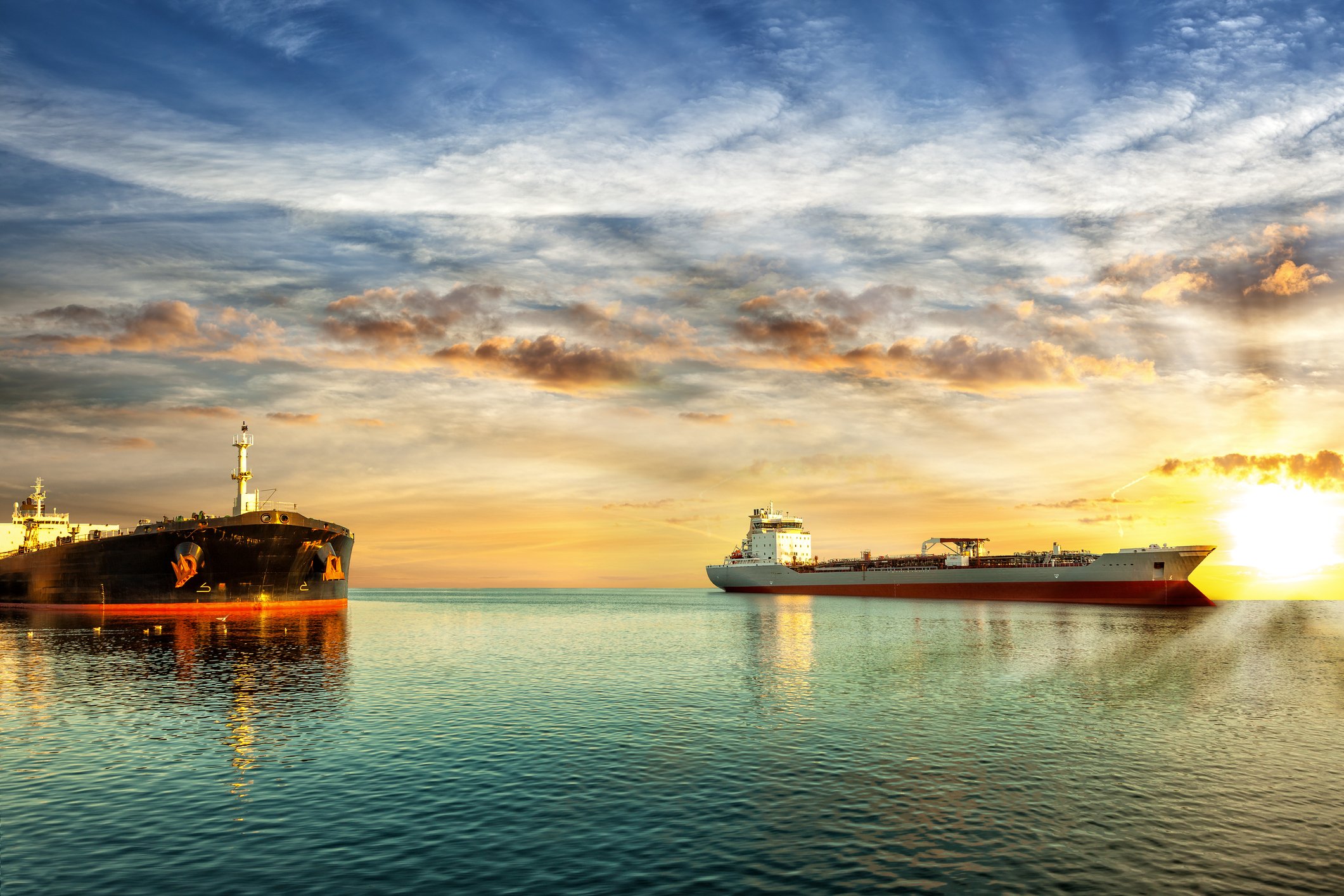
Source: DryShips
A perfect storm may be brewing in the short term for dry shipping rates, and dry bulk companies stand to benefit. Although DryShips (DRYS +0.00%) might have been wrong about the specifics, the Baltic and International Maritime Council (BIMCO) explains that everybody has been wrong merely on the timing. Apparently, the right time is almost here. Piecing together BIMCO's report, coupled with comments from Baltic Trading Limited's (NYSE: BALT) conference call, suggests that the rest of the year and possibly well beyond could get very exciting in the industry.
DryShips was wrong, but right
For nearly the last three months, DryShips has been predicting a hot recovery in the dry shipping market. Instead, rates have plunged. The reason for this, according to DryShips, is that new iron ore supply was entering the world market causing prices to fall. As the forecasted global market rates for iron ore lowered due to the infusion, the domestic production in China couldn't compete. Considering that China's consumption of iron ore represents the bulk of the dollar volume of shipping on the high seas, the reaction should have been higher demand for shipments, and therefore higher shipping rates.
However, rates have fallen.
What DryShips got right was that world iron ore supply did jump up. Iron ore prices did indeed fall. Imports to China have indeed been leaping. Demand for individual ships has in fact popped. The problem, as Baltic Trading Limited has pointed out during its most recent conference call, is that most of the increased imports to China have shipped from Australia, and at a faster pace than expected. China's demand hasn't been sated much by shipments from Brazil, which have been moving at a lower than expected pace. The shipping distance from Australia to China is only half that as from Brazil.
DryShips, Baltic Trading Limited, and other dry shippers need Brazil
In order to soak up supply, Brazil needs to step up its iron ore exports. Peter Sands, the chief shipping analyst at BIMCO, confirmed in a recent report that the dry shipping market was weaker than BIMCO expected. While he did allude to a current oversupply of ships, the demand for iron ore imports was up 21% for the first four months of the year.
Sands stated in the report that "BIMCO expects the market to improve steadily going forward, as tonnage demand, first and foremost in the Atlantic basin, picks up. Our demand expectations for the full year remain unchanged." The "Atlantic Basin" includes large shipments from Brazil.
Earlier this year, BIMCO's stance was that 2014 would be better than 2013. If BIMCO is correct, rates would have to stage a rather enormous rally just to meet, never mind beat, second-half 2013 levels. Sands emphasized that the weakness at the beginning year isn't much of an indicator of anything and that rates tend to "undershoot" to the downside during times like this.
Foolish final thoughts
The acceleration of iron ore supply has begun. The drop in iron ore prices has happened. Domestic production of iron ore in China should drop significantly because it's unable to compete on cost against imported ore. The level of China's iron ore consumption is double the size of its iron ore import market, according to DryShips in an interview back in March. Import shipping to China, already at extraordinary levels, is poised to rise even higher. The last of the global shipping supply for many (if not all) commodities should also be soaked up due to iron ore shipments.
Shipping is very inelastic, which means that as supply gets used up, prices tend to spike upward dramatically -- higher prices don't deter spending. In other words, shipping is almost entirely supply driven. Look very closely for signs that Brazil has stepped up its shipping volume in general because increased shipments from that area can take a lot of shipping supply off of the global market.. The rise in shipping rates, to the benefit of DryShips and Baltic Trading Limited, could happen fairly quickly.






